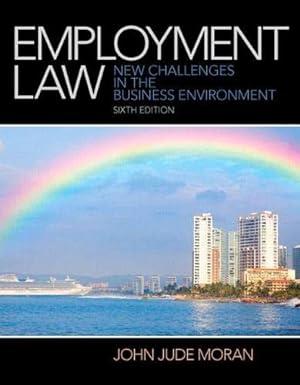Answered step by step
Verified Expert Solution
Question
1 Approved Answer
In any marriage, private information is often exchanged between spouses. If a spouse is a defendant in a court trial, the husband-wife privilege prevents the
In any marriage, private information is often exchanged between spouses. If a spouse is a defendant in a court trial, the husband-wife privilege prevents the confidential communications from being used as evidence against you or your spouse. For example, the privilege may prevent a wife from testifying against the husband if the husband is accused of dealing drugs. However, this privilege does not apply to bar evidence from all court proceedings. Common situations where the privilege does not apply include:
- When charged for a crime against one's spouse or spouse's property. e.g., domestic evidence
- When charged for a crime against the child of either spouse. e.g.,child abuse or neglect
- When charged for a crime against anyone living with either spouse. e.g., abuse of spouse's parents
- If you are not legally married there is no privilege, regardless of how long you've been a couple
- If either spouse discloses confidential information to a third party, the privilege will not bar the third person from testifying
Should these exceptions exist?
Step by Step Solution
There are 3 Steps involved in it
Step: 1

Get Instant Access to Expert-Tailored Solutions
See step-by-step solutions with expert insights and AI powered tools for academic success
Step: 2

Step: 3

Ace Your Homework with AI
Get the answers you need in no time with our AI-driven, step-by-step assistance
Get Started


